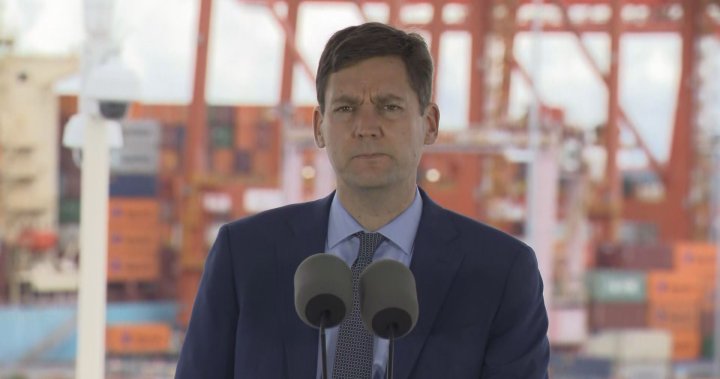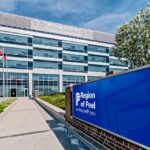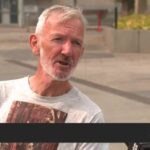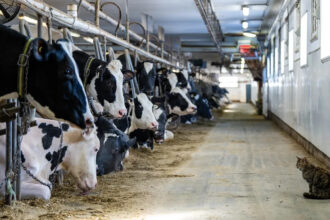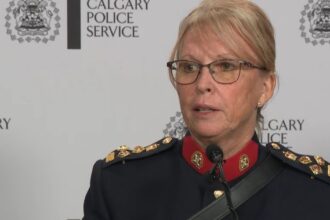British Columbia’s economic horizons are expanding eastward as Premier David Eby embarks on an ambitious 10-day trade mission across Asia, marking his administration’s most significant international outreach effort to date. The delegation departed this weekend with high expectations for strengthening crucial partnerships in a region that represents B.C.’s most vital trading relationships outside North America.
“In today’s interconnected global economy, face-to-face diplomacy remains irreplaceable,” Premier Eby stated before departing Vancouver International Airport. “This mission represents a strategic investment in British Columbia’s economic future, particularly as we navigate the complexities of post-pandemic trade relationships.”
The mission’s itinerary includes strategic stops in Japan, South Korea, and Singapore – three economies that collectively purchase over $8.7 billion in B.C. exports annually. According to provincial economic data, these nations represent the province’s second, third, and seventh largest trading partners respectively, underlining their critical importance to B.C.’s export-driven economy.
Minister of Jobs, Economic Development and Innovation Brenda Bailey, who joins the premier’s delegation, emphasized the timing of the mission. “As Asian economies accelerate their post-COVID recovery, establishing B.C.’s presence now positions our businesses advantageously against international competitors,” Bailey explained during the pre-departure briefing.
The delegation’s composition reflects the province’s economic diversity, including representatives from clean energy, advanced manufacturing, digital technology, and sustainable resource sectors. This multi-industry approach aims to capitalize on growing Asian market demand for environmentally responsible products and services – an area where British Columbia has cultivated significant expertise.
In Japan, discussions will focus on liquefied natural gas opportunities, hydrogen development partnerships, and expanding British Columbia’s presence in Japan’s sophisticated technology supply chains. The delegation arrives as Japanese businesses increasingly seek reliable trading partners amid ongoing global supply chain uncertainties.
South Korea represents perhaps the most dynamic opportunity, with bilateral trade having increased 47% since 2019 despite pandemic disruptions. The mission aims to leverage this momentum through new agreements in semiconductor manufacturing, clean energy technology, and digital entertainment – sectors where Korean companies have expressed particular interest in Canadian innovation.
Singapore, though physically smaller than the other destinations, serves as B.C.’s gateway to the broader Southeast Asian market. Meetings with the Singapore Economic Development Board are expected to yield agreements facilitating easier market access for B.C. businesses throughout the ASEAN region.
Trade experts note the mission’s importance extends beyond immediate commercial benefits. “Premier Eby is essentially conducting economic diplomacy,” explains Dr. Yuen Pau Woo, former senator and Asia Pacific expert. “These relationships require consistent attention and personal engagement, especially as global politics create new complications in international trade.”
The mission occurs against a backdrop of shifting global trade patterns, with Asian economies increasingly focused on diversifying their supply chains and reducing dependence on any single trading partner. This realignment presents significant opportunities for British Columbia to position itself as a reliable alternative supplier across multiple industries.
Critics, including opposition leaders, have questioned the mission’s timing amid domestic economic challenges, suggesting resources might be better allocated to addressing housing affordability and inflation concerns at home. However, economic development officials counter that international trade expansion directly addresses these issues by creating jobs and generating provincial revenue that funds domestic programs.
The trade mission represents the most comprehensive Asian engagement by a B.C. premier since the pandemic disrupted international travel and business relationships. Its success will be measured not only by immediate agreements signed but by long-term relationship building that positions the province advantageously in Asian markets for decades to come.
As British Columbia navigates the complex intersection of global economics, environmental responsibility, and technological transformation, Premier Eby’s Asian trade mission may well determine whether the province emerges as a preferred partner in the Pacific century. The fundamental question remains: can British Columbia effectively leverage its geographic position, resource wealth, and innovation capacity to become indispensable to Asian economic growth in an increasingly competitive global marketplace?

